Islamic Chaplaincy Pathway
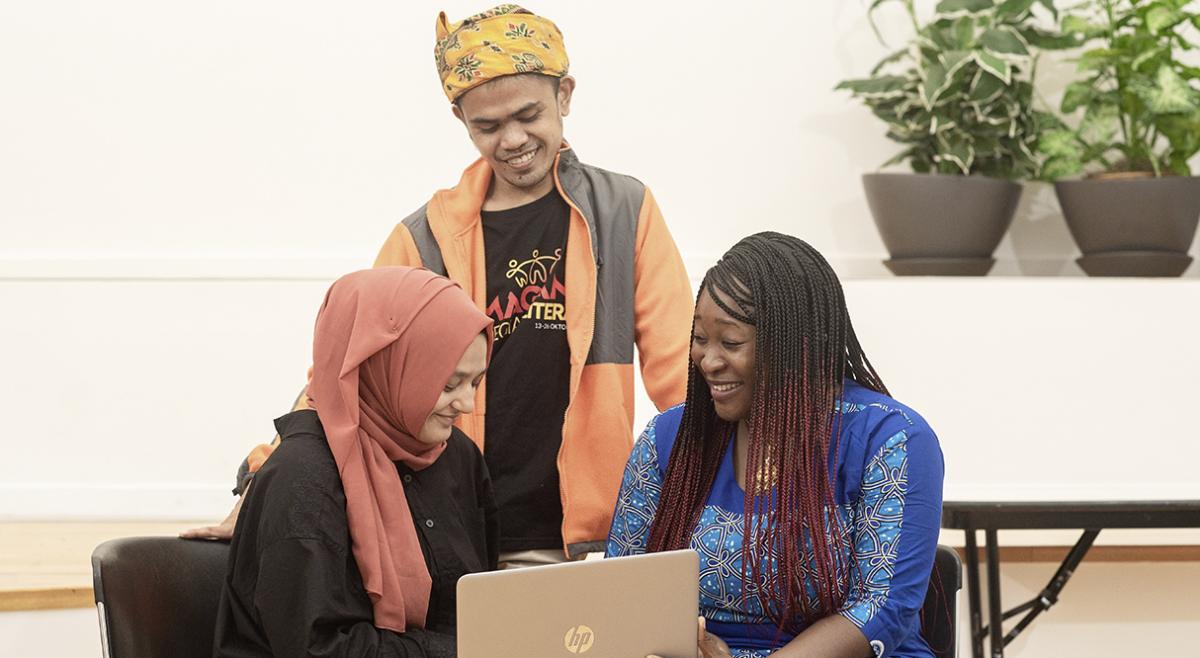
Since 2001, Hartford International’s renowned Islamic Chaplaincy Program has produced professionals who are now leaders in the field of chaplaincy. These chaplains serve in diverse settings in federal prisons, armed services, in private and public hospitals, in higher education, and in community settings.
Twenty years on, the Islamic Chaplaincy Program has once again developed an innovative pathway to the profession of chaplaincy for Muslim students. The new Islamic Chaplaincy curriculum has based its learning outcomes on the Association of Professional Chaplains’ Common Qualifications and Competencies for Professional Chaplains. The core requirements integrate theories with practices of chaplaincy rooted in the Islamic tradition.
Pathways to Islamic Chaplaincy
There are two pathways to professional positions in Islamic Chaplaincy. The choice of the right degree program depends on the academic, Islamic, and professional training and experience with which a student enters Hartford International.
- Applicants who wish to gain both mastery over relevant academic fields and the skills and aptitudes of professional chaplaincy should apply to the 36-credit hour academic Master of Arts in Interreligious Studies (MAIRS) with a specialization in Islamic Studies. Upon completion of this degree, students will continue on to the professional Master of Arts in Chaplaincy (MAC), with a specialization in Islamic Chaplaincy. This pathway is a 72-credit program that combines academic study and practical training. The two degrees may not be done concurrently.
- Applicants with prerequisite knowledge and significant professional practice of chaplaincy who interview successfully with the director of the MAC program and are approved by the Admissions Committee may elect to matriculate directly into the Master of Arts in Chaplaincy (MAC).
-
36-credit M.A. in Interreligious Studies
6 credits- Two Core Interreligious Seminars.
21 credits: Foundational Fields, Beliefs and Practices, Religious Pluralism.
3 credits- Elective.
3 credits- Final project. Language Proficiency in Qur’anic Arabic36-credit M.A. in Chaplaincy
12 credits- Four Core Chaplaincy courses.
15 credits: Muslim Pastoral Theology, and four other Electives.
6 credits- Field Education.
3 credits- Clinical Pastoral Education.<Learning Outcomes
Students who have completed the Islamic Chaplaincy program will:
- Have achieved mastery of the competencies listed in Sections I-IV of the “Common Qualifications and Competencies for Professional Chaplains,” the evidence for this being recorded on Hartford Seminary’s “Competencies Progress-Tracking Worksheet” keyed to the BCCI list.<
- Have demonstrated knowledge of the Association of Professional Chaplains’ fifteen “Standards of Practice for Professional Chaplains.”
- Have command of the Association of Professional Chaplains Code of Ethics, the evidence for this being recorded on Hartford Seminary’s “Code of Ethics Worksheet.”
- Have acquired basic skills in Qur’anic recitation to function successfully as a Muslim Chaplain.
Where Your Journey May Lead
Islamic Chaplaincy Career Paths
Hospitals or Hospices
Colleges or Universities
Private secondary schools
Military
Correctional institutions
Community organizations
Courses you may take
Here is a small sample of courses students in the program take. To view the entire course listing, use the link below.
-
This course is focused on the study of psychological trauma.
-
This course will provide a critical overview of the history and practice of Islamic law.
-
This course introduces students to the Qur'an, and the hadith (words and actions attributed to the Prophet Muhammad himself).
-
This course offers an in-depth introduction to modern Muslim histories from the 16th to the 21st centuries.
The Value of Experience

Mentoring
In consultation with the Director of the Islamic Chaplaincy Program, each student’s program will be customized to meet their particular educational needs and professional/vocational objectives within the formal guidelines and criteria established for the Islamic Chaplaincy Program. Depending on the applicant’s previous education, experience, and the applicant’s future goals and intended career path, the applicant may be required to complete both degrees of the Islamic Chaplaincy Program.
Faculty and Staff
Our faculty and staff know the field and have decades of experience both as chaplains and as chaplain educators. You’ll work with dedicated scholars and seasoned chaplains who can help you discern the best setting for your skills and passions.
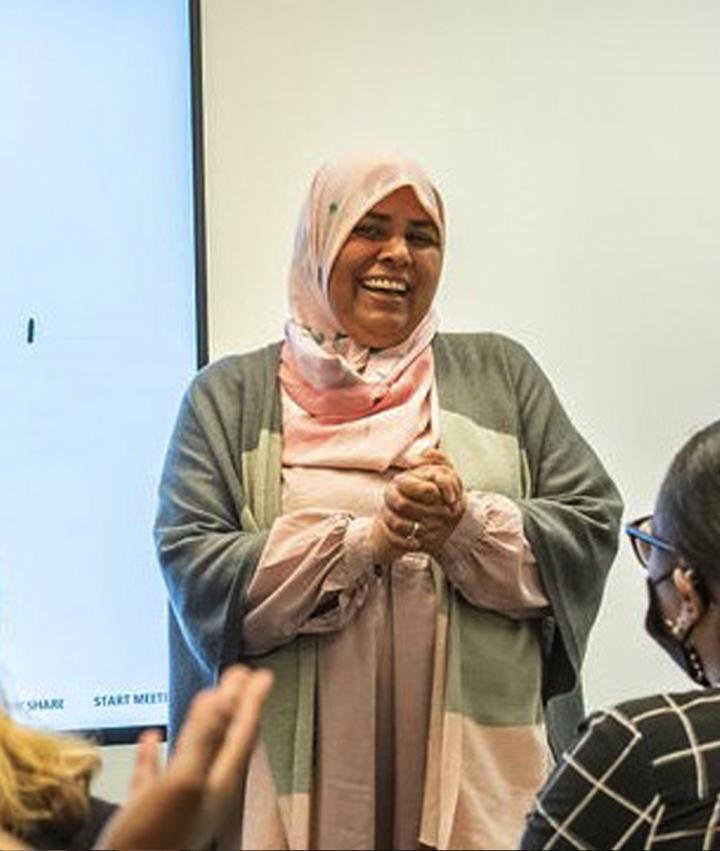
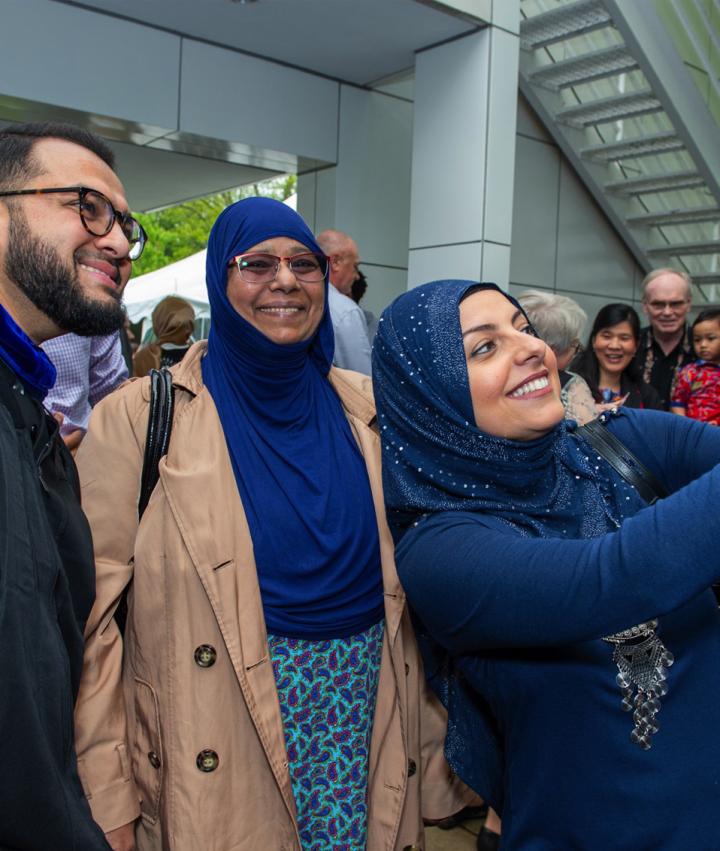
Alumni
After graduation, you’ll join a robust network of Muslim chaplains who are at the forefront of the profession in every area. The Association of Muslim Chaplains had its origins at Hartford International and continues to lead the way in the field.
Opportunities & Highlights
Meet Our Directors
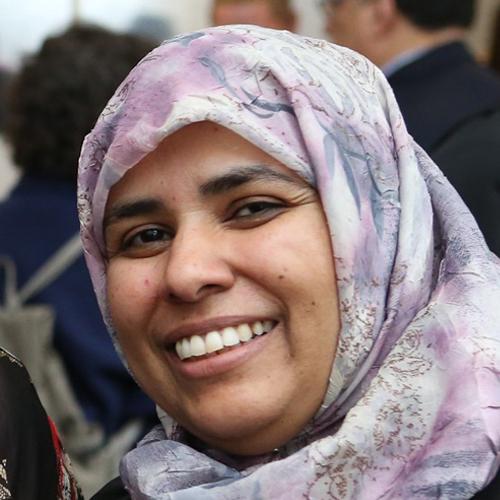
Aida Mansoor
Director of Field Education
Aida Mansoor is the Director of Field Education at Hartford International. She also serves in the community and works with the Muslim Coalition of Connecticut and the Islamic Association of Greater Hartford.
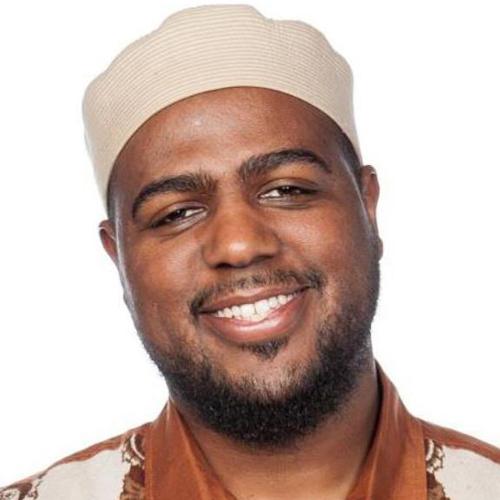
Bilal W. Ansari
Faculty Associate in Muslim Pastoral Theology Co-Director, Islamic Chaplaincy Program
Areas of Study
Arts of Ministry
Contemporary Islamic Ethics
Institutional Leadership
Islamic Law
Muslim Pastoral Theology
Spirituality
Admission and Application Information
Related Blog Posts
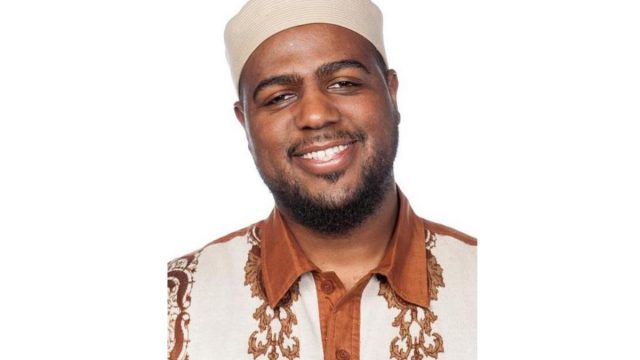
Chaplaincy
How College Chaplains Promote Students’ Mental Health and Well-Being
Mental health is an important issue for college students, and chaplains play a vital role in promoting mental health and well-being on college campuses. Imagine a student caught in the grips of anxiety and depression... The post How College Chaplains Promote Students’ Mental Health and Well-Being first appeared on Religion & Peace.
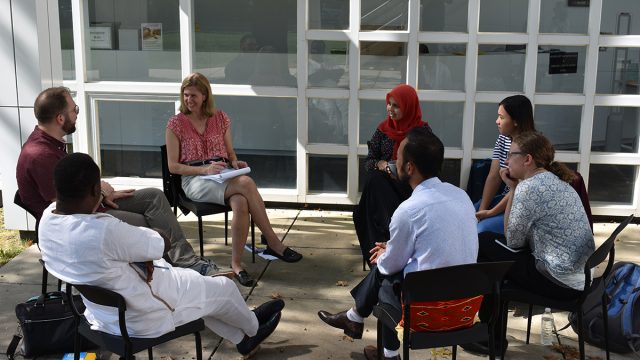
Chaplaincy
How Chaplains Address Issues of Cultural Appropriation
At HIU, fostering intercultural understanding is central to our mission. As our chaplaincy students train to serve diverse faith communities, we teach them to recognize, avoid and address issues of cultural appropriation. The post How Chaplains Address Issues of Cultural Appropriation first appeared on Religion & Peace.
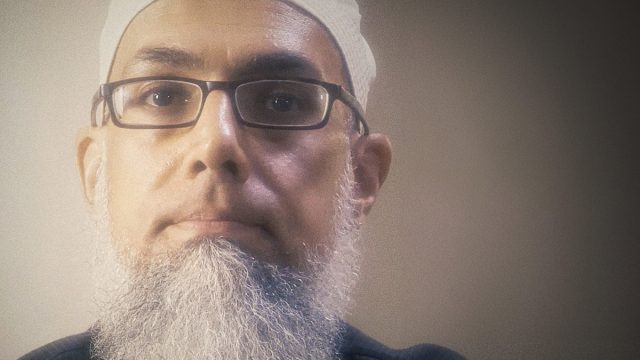
Chaplaincy
Award-Winning Documentary Focuses on Yale Chaplain Omer Bajwa ’10
Hartford International University has produced its first documentary, which focuses on the life and career of Chaplain Omer Bajwa '10. Learn more about Omer, his journey to becoming a chaplain, and his message for hope. The post Award-Winning Documentary Focuses on Yale Chaplain Omer Bajwa ’10 first appeared on Religion & Peace.
Take the Next Step
Broaden your perspective. Deepen your ability to make a difference. Hartford International University programs prepare religious leaders and peacemakers who go beyond their own beliefs to embrace people of all faiths.
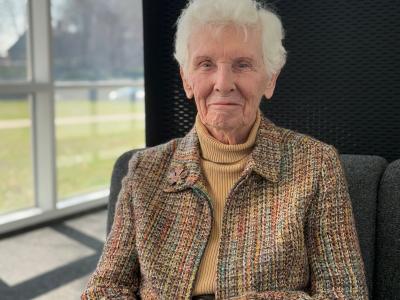
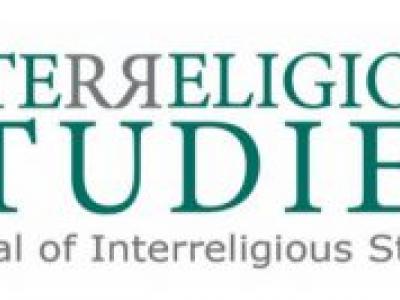
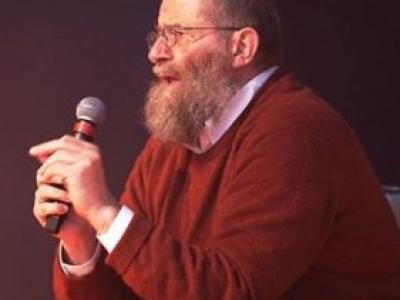
Faculty In The News
HIU Community Mourns Passing of Emeritus Professor Yahya Michot, Highly Regarded ScholarApril 2, 2025
The HIU community mourns the passing of Dr. Yahya Michot, 73, who had served as Professor of Islamic Studies and Christian-Muslim Relations from 2008 until retiring in 2018.
Join our mailing list
Keep up with all the latest happenings at Hartford International.

